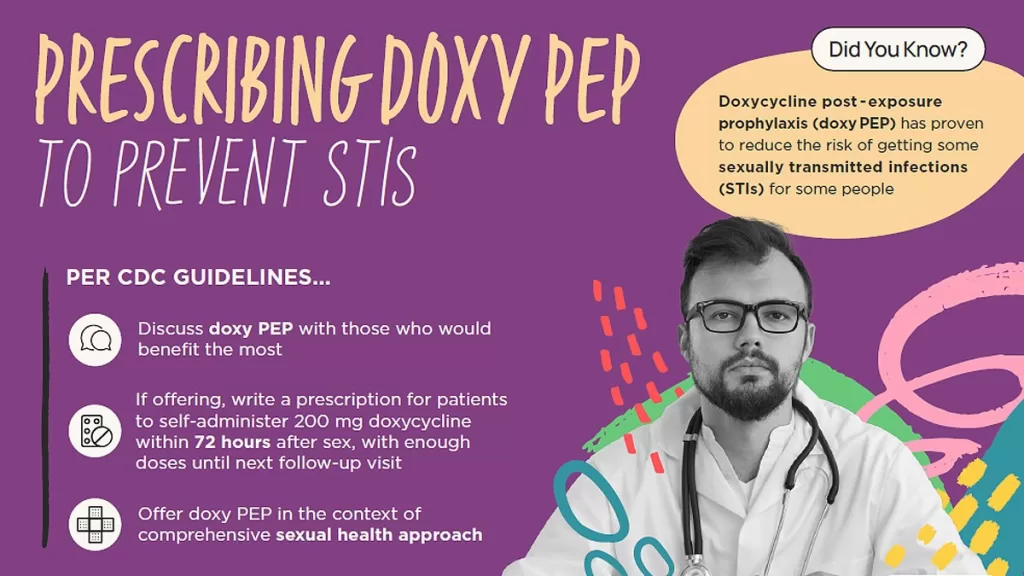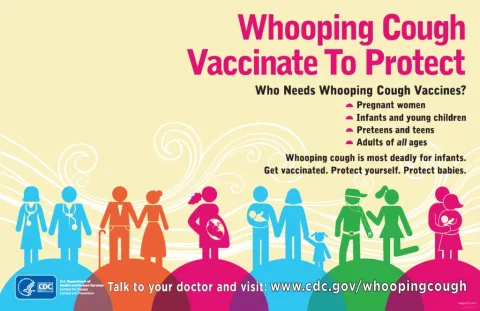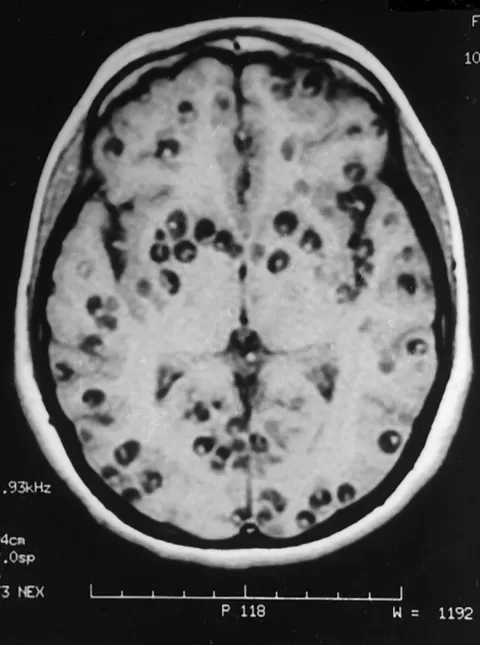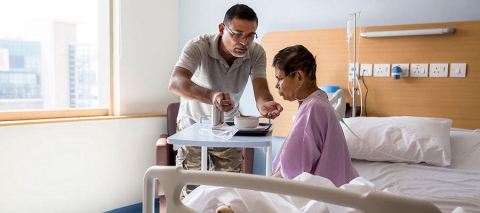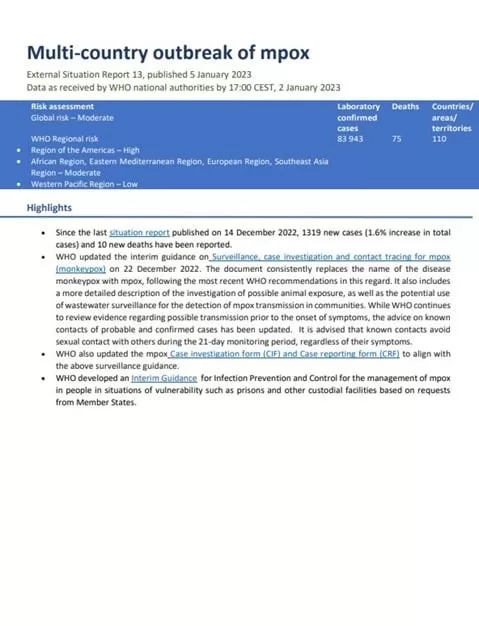DoxyPEP (doxycycline post-exposure prophylaxis) has emerged as a transformative approach in reducing the incidence of bacterial sexually transmitted infections (bSTIs) among men who have sex with men (MSM). Recent studies indicate that DoxyPEP not only lowers the rates of bSTIs but also significantly decreases overall antibiotic use, aligning with global antibiotic stewardship efforts. By allowing individuals to take a single dose of doxycycline within 72 hours after potential exposure, DoxyPEP serves as an effective post-exposure prophylaxis for STIs. This targeted intervention focuses on high-risk populations, significantly aiding in bacterial STIs prevention and reducing the need for extensive treatment regimens. As MSM continue to seek ways to protect their sexual health, DoxyPEP represents a valuable addition to current prevention strategies, addressing both the health and ecological concerns of antibiotic resistance.
The approach of using doxycycline as a preventive measure against sexually transmitted infections is becoming increasingly recognized in public health discussions. Often referred to as post-exposure prophylaxis, this method is particularly beneficial for populations at elevated risk, such as men who identify as MSM. By implementing such strategies, healthcare providers hope to enhance the management of sexually transmitted infections while promoting judicious antibiotic use. This proactive stance not only contributes to individual health but also supports broader initiatives targeting antibiotic stewardship in clinical practice. Ultimately, the use of doxycycline in preventing bSTIs highlights the ongoing need for effective solutions in mitigating bacterial infections in vulnerable communities.
The Impact of DoxyPEP on Antibiotic Use
The recent findings from the Italian study highlight a significant reduction in the overall use of antibiotics among men who have sex with men (MSM) after implementing doxycycline post-exposure prophylaxis (doxyPEP). By focusing on individuals at higher risk for bacterial sexually transmitted infections (bSTIs), the research emphasizes doxyPEP’s dual benefits: immediate disease prevention and long-term antibiotic stewardship. DoxyPEP has been shown to reduce the incidence rates of infections, thereby lowering the need for subsequent antibiotic treatments, which is essential in combating antibiotic resistance.
Before the introduction of doxyPEP, the days of therapy (DOT) for treating bSTIs were considerably higher, demonstrating an alarming trend in antibiotic prescriptions. Following the onset of doxyPEP, statistics reveal a marked dip in DOT for ceftriaxone, benzylpenicillin, and doxycycline, signaling a shift towards more judicious use of these critical medications. This approach not only helps control outbreaks of bSTIs but also plays a crucial role in promoting responsible antibiotic usage, ensuring that medications remain effective for future generations.
Antibiotic Stewardship in STI Prevention
Antibiotic stewardship is a vital aspect of public health, particularly in the context of sexually transmitted infections. As rates of bSTIs continue to rise globally, effective management strategies must be implemented to reduce unnecessary antibiotic usage while still protecting vulnerable populations. DoxyPEP’s introduction represents a progressive step in STI prevention and reflects a broader shift towards integrating prophylactic measures into public health interventions. By managing the risk associated with high-risk sexual behaviors, doxyPEP enhances the capacity to prevent infections before they start.
Through the lens of antibiotic stewardship, the integration of doxycycline as a prophylactic measure not only impacts individual health outcomes but also contributes to the global fight against antimicrobial resistance (AMR). By reducing the number of infections and, consequently, the need for therapeutic antibiotics, doxyPEP minimizes the opportunities for resistance to develop. Consequently, such strategies are critical in maintaining the effectiveness of antibiotics that are vital for treating existing infections.
The Role of Doxycycline in MSM Population Health
Doxycycline is gaining recognition as an effective tool in the health management of men who have sex with men (MSM), particularly in relation to STIs. By administering doxyPEP, healthcare providers are not only addressing immediate health concerns but are also promoting long-term wellbeing in a demographic disproportionately affected by bSTIs. The research indicates that administering a single dose of doxycycline after potential exposure can drastically decrease the incidence of infections, ultimately improving health outcomes for this community.
The reduction in infections translates to fewer cases of treatment-resistant STIs, which is a growing concern within the MSM population. Targeting high-risk individuals with proactive measures like doxyPEP represents a responsible approach to public health. This tailored strategy is essential for fostering community health, as it encourages safe sexual practices while providing a safety net against the potential fallout of untreated infections.
Understanding Post-Exposure Prophylaxis for STIs
Post-exposure prophylaxis (PEP) has emerged as a critical component in the strategy to prevent STIs, allowing at-risk individuals a viable option to avoid infections. In the context of doxyPEP, the protocols are clear: a single dose taken within three days of unprotected sex can provide significant protective benefits. This timely intervention harnesses the power of doxycycline, effectively lowering the incidence of costly and painful infections while simplifying preventive care.
The ease of doxyPEP application serves as a powerful incentive for individuals to engage actively with their sexual health. By helping to prevent the onset of STIs, doxyPEP not only provides peace of mind to users but also effectively contributes to reducing overall healthcare costs associated with treating complex bacterial infections. Consequently, the strategy plays a pivotal role in comprehensive sexual health campaigns focused on the MSM community.
Analyzing the Outcomes of the Italian Study
The retrospective study conducted in Milan provides critical insights into the outcomes of doxyPEP usage among MSM. With 754 participants, the data illustrates a marked change in antibiotic consumption before and after the initiation of doxyPEP. Findings suggest that not only did doxyPEP decrease the occurrence of bSTIs, but it also effectively lowered the overall days of therapy across the board. This shift indicates that preventative measures can successfully mitigate the need for treatments, emphasizing the importance of pre-exposure prophylaxis in health outcomes.
Understanding the dynamics within this cohort helps to refine future interventions aimed at controlling STIs. By targeting MSM who engage in higher-risk sexual behavior, doxyPEP serves as an important tool for public health officials. The study underscores the necessity of continuing research and adapting strategies that can reliably reduce STIs while also minimizing the potential for rising antibiotic resistance.
Future Directions for STI Management and Prophylaxis
Looking ahead, the implementation of doxyPEP could reshape the landscape of STI management, particularly for populations at elevated risk. As public health officials consider expanding access to doxycycline prophylixactic options, the goal will be to increase awareness and reduce barriers to treatment. This proactive approach can significantly alter the trajectory of bacterial STIs and contribute to the overall health of communities at risk.
Moreover, future research will be pivotal in evaluating the long-term efficacy and sustainability of doxyPEP as part of broader sexual health initiatives. Understanding how this prophylaxis impacts resistance patterns and overall antibiotic stewardship will help inform best practices in STI management. Continuous evaluation and adaptation of these strategies will ensure optimal health outcomes and the preservation of essential medications.
Combating Antimicrobial Resistance through DoxyPEP
Combating antimicrobial resistance (AMR) is crucial in today’s healthcare environment, and doxyPEP stands as a promising ally in this battle. By directing doxycycline use towards preventative rather than therapeutic applications, the potential for developing resistant bacterial strains can be significantly mitigated. This targeted approach exemplifies how proactive health measures can protect public health while preserving the potency of essential antibiotics.
Additionally, effective implementation of doxyPEP also paves the way for broader discussions around antimicrobial stewardship in sexually transmitted infections. As healthcare providers and policymakers recognize the importance of strategic antibiotic use, the framework established by studies like the one conducted in Italy can serve as a model for future interventions across various high-risk populations. By prioritizing prevention and reducing unnecessary treatment, doxyPEP offers a path forward in the fight against AMR.
DoxyPEP: A Game Changer in Sexual Health
DoxyPEP has emerged as a transformative approach in the realm of sexual health, particularly for men who have sex with men (MSM). The introduction of this post-exposure prophylaxis regimen has reshaped how healthcare providers and patients navigate the risks associated with STIs, offering a practical solution to enhance preventive strategies. By significantly lowering the occurrence of bacterial infections, doxyPEP stands as a game changer in controlling the public health crisis posed by STIs.
Community acceptance and adoption of doxyPEP are essential elements in ensuring its success. As public health campaigns raise awareness about the benefits of this prophylactic measure, it is likely to become a staple recommendation among healthcare providers. With ongoing education and support systems in place, doxyPEP can effectively empower individuals to take charge of their sexual health while contributing to broader community health goals.
Frequently Asked Questions
What is DoxyPEP and how does it relate to antibiotic reduction for STIs?
DoxyPEP, short for doxycycline post-exposure prophylaxis, involves taking a single dose of doxycycline within 72 hours after potential exposure to sexually transmitted infections (STIs). This method has been found to effectively reduce the incidence of bacterial STIs among high-risk populations, specifically men who have sex with men (MSM), contributing to a significant reduction in the overall use of antibiotics needed to treat these infections.
How does doxycycline use in MSM help in bacterial STIs prevention?
Doxycycline use in MSM for post-exposure prophylaxis (DoxyPEP) has shown to prevent the development of bacterial STIs when taken soon after potential exposure. This targeted approach focuses on individuals at higher risk for infection, thus reducing both the incidence of STIs and the subsequent need for antibiotic treatment, which aligns with antibiotic stewardship goals.
What impact does DoxyPEP have on antibiotic stewardship in the treatment of STIs?
DoxyPEP supports antibiotic stewardship by minimizing unnecessary antibiotic prescriptions for the treatment of bacterial STIs. By preventing STIs in at-risk populations, DoxyPEP helps decrease the total reliance on antibiotics, thereby potentially reducing the risk of developing antimicrobial resistance (AMR) associated with excessive use of medications.
Can DoxyPEP lead to antimicrobial resistance when used for STIs?
Concerns have been raised regarding the potential for increased doxycycline use due to widespread DoxyPEP administration leading to antimicrobial resistance (AMR). However, research indicates that if DoxyPEP is used judiciously, particularly among high-risk MSM populations, it may actually reduce the overall need for therapeutic antibiotics, which could help mitigate some AMR risks.
What evidence supports the effectiveness of DoxyPEP in reducing STI incidence among MSM?
A study conducted among MSM receiving DoxyPEP demonstrated a clear reduction in the incidence of bacterial STIs, as well as a decrease in days of therapy for traditional antibiotics used to treat gonorrhea, syphilis, and chlamydia. This evidence underlines the beneficial role of DoxyPEP in preventing STIs, helping high-risk populations without contributing to increased antibiotic use.
How should DoxyPEP be implemented to maximize its benefits for STI prevention?
To maximize the benefits of DoxyPEP, it should be prescribed to MSM with five or more casual sex partners and offered as part of a comprehensive sexual health strategy that includes regular STI screenings. This targeted approach helps to ensure that DoxyPEP effectively reduces STI incidence while promoting responsible antibiotic use and adhering to principles of antimicrobial stewardship.
| Key Point | Details |
|---|---|
| Introduction of doxyPEP | Doxycycline post-exposure prophylaxis (doxyPEP) introduced for MSM after unprotected sex. |
| Target Group | MSM with 5 or more casual partners being prescribed doxyPEP at an Italian hospital. |
| Study Duration | August 2022 to July 2024. |
| Results of Study | 754 MSM prescribed doxyPEP; 222 reported use with significant reduction in STD treatment antibiotics. |
| Incidence Rates | 401 bSTIs detected prior vs. 146 post-doxyPEP introduction. |
| Days of Therapy | Post doxyPEP: 1.26 Ceftriaxone, 0.37 Benzylpenicillin, 3.21 Doxycycline. Expected (without): 4.85, 1.86, 24.71 respectively. |
| Concerns & Mitigations | Risk of AMR due to increased doxycycline use, but targeted approach reduces overall antibiotic use. |
| Conclusion by Authors | Prophylactic use may lower overall antibiotic need, helping mitigate AMR risks. |
Summary
DoxyPEP represents a significant advancement in the management of sexually transmitted infections (STIs), especially among men who have sex with men (MSM). This innovative approach reduces antibiotic use, thereby addressing critical concerns surrounding antimicrobial stewardship and potential resistance. By effectively preventing STIs and lessening the dependence on therapeutic antibiotics, DoxyPEP emerges as a vital strategy in public health aimed at reducing the incidence of STIs while promoting responsible antibiotic use.
The content provided on this blog (e.g., symptom descriptions, health tips, or general advice) is for informational purposes only and is not a substitute for professional medical advice, diagnosis, or treatment. Always seek the guidance of your physician or other qualified healthcare provider with any questions you may have regarding a medical condition. Never disregard professional medical advice or delay seeking it because of something you have read on this website. If you believe you may have a medical emergency, call your doctor or emergency services immediately. Reliance on any information provided by this blog is solely at your own risk.



